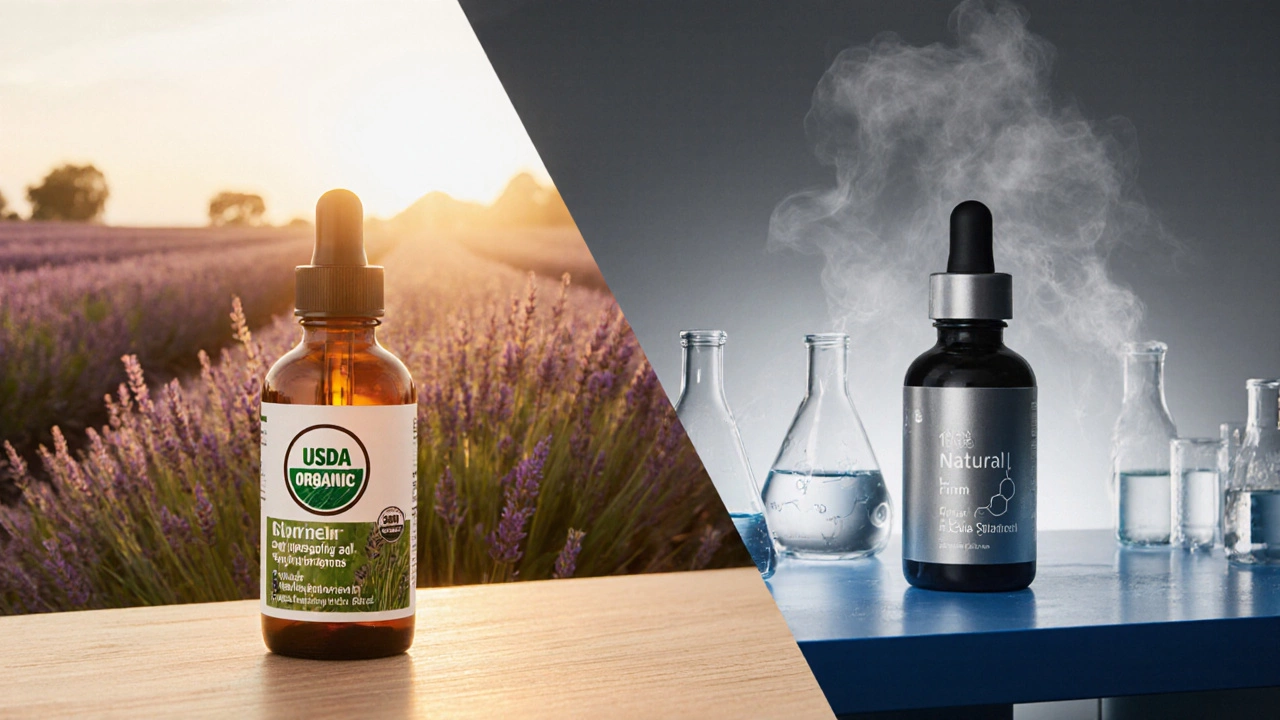Skincare Ingredients – What You Need to Know
When working with Skincare Ingredients, the active compounds that give a product its effect on skin. Also known as beauty actives, they shape everything from moisturisation to wrinkle reduction. Understanding these ingredients unlocks better product choices and clearer results. Two key players often surface in our guides: Retinoids, vitamin A derivatives that boost cell turnover and collagen and Medical Grade Skincare, formulations with higher concentrations and stricter testing standards. Both illustrate how ingredient quality directly influences efficacy.
Why Ingredient Knowledge Matters
Every skin concern boils down to a few core principles. First, anti‑aging ingredients like retinoids, peptides and niacinamide target fine lines by stimulating collagen, which is why many of our posts compare wrinkle‑treatment options. Second, the divide between medical grade and organic skincare defines regulatory expectations, ingredient sourcing, and price points. Medical grade products often list exact percentages of actives, while organic lines focus on botanical extracts and sustainability claims. Third, the 4‑2‑4 rule and daily routine guides show how layering these ingredients in the right order protects the skin barrier and maximises penetration. For example, a serum with retinoids should follow a gentle cleanser and precede a moisturizer that seals in moisture, preventing irritation.
Beyond the science, the market context shapes how we talk about ingredients. Beauty regulations dictate whether a product is labelled a cosmetic or a drug, affecting claims you can trust. Our articles on cruelty‑free branding and ingredient classification help you spot hidden testing practices and understand label jargon. When you combine this regulatory insight with practical tips—like when to use a natural face tightener or which anti‑aging drink supports skin health—you get a full‑circle view of ingredient impact.
Now that you’ve got the basics of what skincare ingredients are, how retinoids work, and why medical‑grade versus organic matters, the list below will dive deeper. You’ll find step‑by‑step routines, ingredient comparisons, and myth‑busting facts that let you apply this knowledge to real‑world product choices.
Is Organic Skincare Really 100% Natural?
Find out what 'organic' really means for skincare, how it differs from 'natural', and how to read labels to spot true organic products.

